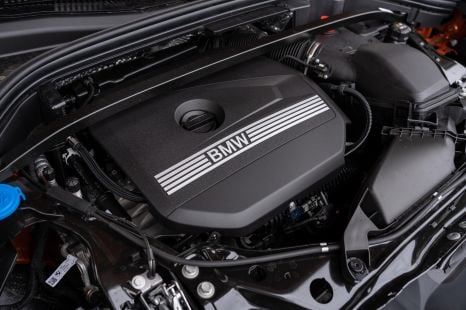

Derek Fung
Mercedes-Benz exec denies plan to use BMW engines
42 Minutes Ago
Ford and BMW are both investing in solid-state batteries in a bid to increase the range and reduce the cost of their electric vehicles.

Contributor
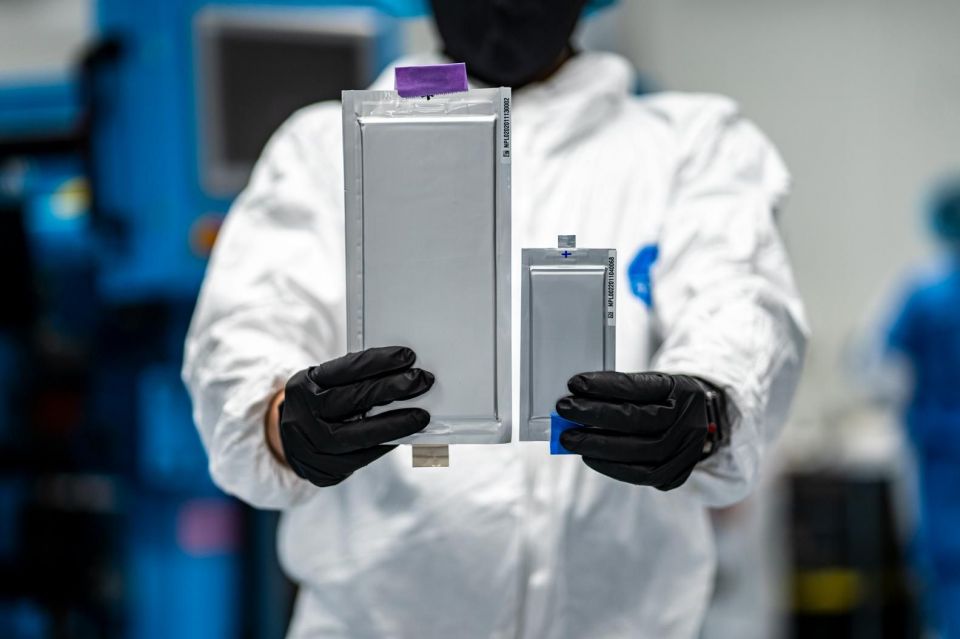

Contributor
BMW and Ford are firm in their support of solid-state batteries.
The two automakers are leading a US$130 million (A$168 million) funding round in Solid Power, a US start-up developing the batteries.
They’re also expanding existing joint development agreements with the firm.
The funding comes as global manufacturers look for ways to build batteries that are more affordable, efficient and powerful than today’s lithium-ion ones.
“Solid-state battery technology is important to the future of electric vehicles, and that’s why we’re investing directly,” said Ted Miller, Ford’s manager of Electrification Subsystems and Power Supply Research.
“By simplifying the design of solid-state versus lithium-ion batteries, we’ll be able to increase vehicle range, improve interior space and cargo volume, deliver lower costs and better value for customers and more efficiently integrate this kind of solid-state battery cell technology into existing lithium-ion cell production processes.”
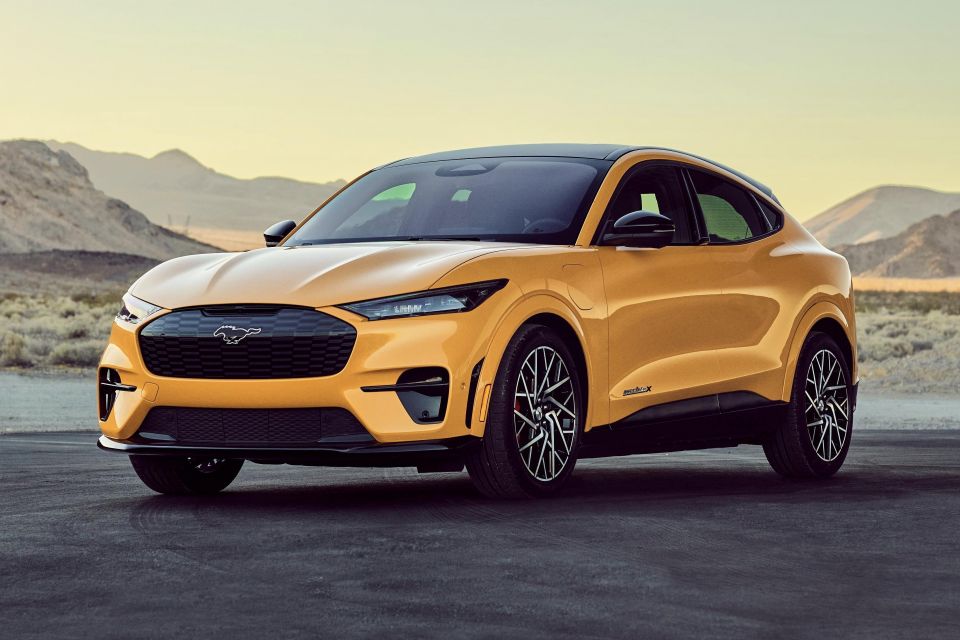
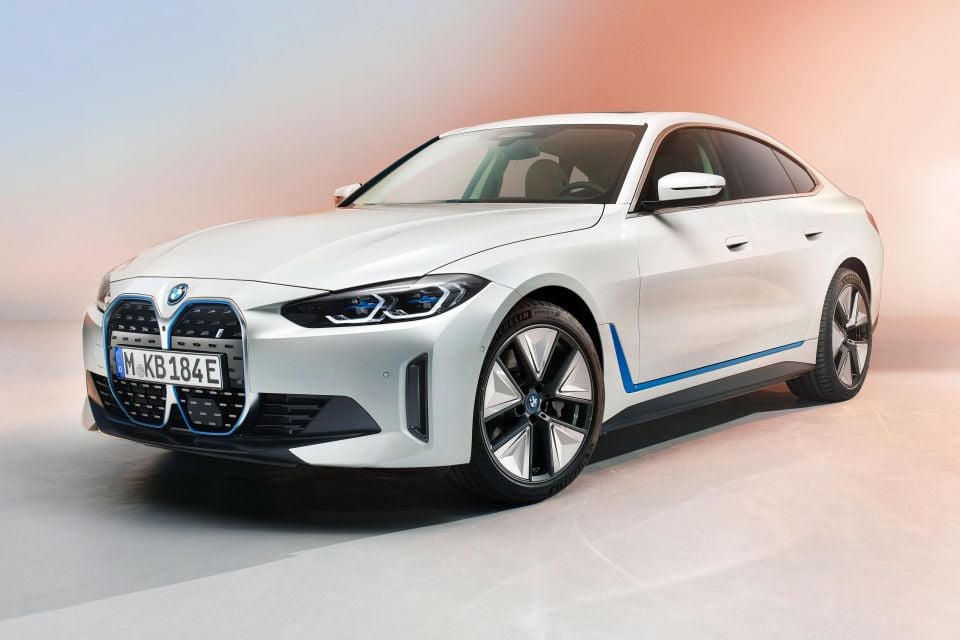
The investment round will enable Denver-based Solid Power to expand its in-house manufacturing to supply and power future electric vehicles.
While Solid Power is currently producing 20Ah solid state batteries, BMW and Ford will receive full scale 100Ah for automotive testing come 2022.
“The partnerships and the capital that comes along with it are really going to put us on a good footing to execute on our road map, which simply speaking is qualifying this technology for vehicle use and getting them into vehicles in the not-too-distant future,” said Solid Power chief executive and co-founder Doug Campbell.
Hyundai also invested in Solid Power in its last round of investment in 2018.
A solid-state battery is a high-capacity storage device which replaces the liquid or gel-form electrolyte with a solid conductive material like ceramic or polymers.

This technology offers more energy density and is safer due to a lack of flammable components.
Solid Power says its battery tech can deliver 50 per cent more energy density than current lithium-ion battery units.
The company is also promising a longer run time per charge over the average battery system.
Toyota has called solid-state batteries a “game changer” and plans to introduce the technology onto an electric platform by 2025.
In December 2020, it was announced that the Volkswagen-backed company QuantumScape will have its solid-state batteries ready for production in 2024.
Volkswagen invested $300 million into the company at the start of the year.
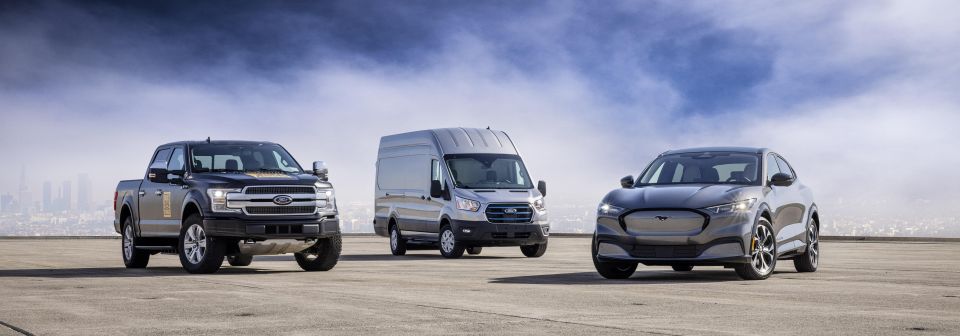
Both BMW and Ford are investing heavily in electrification.
Ford announced earlier this year it’s increasing its investment in electrification to US$22 billion (A$28.96 billion) by 2025, inclusive of the US$7 billion Ford has already spent since 2016.
Ford introduced its first ground-up EV, the Mustang Mach-E, last year and will introduce an electric version of its Transit in markets like the US later this year.
It’s also readying an EV for Europe based on Volkswagen’s MEB platform. Ford plans to have an EV-only passenger vehicle line-up there by 2030.
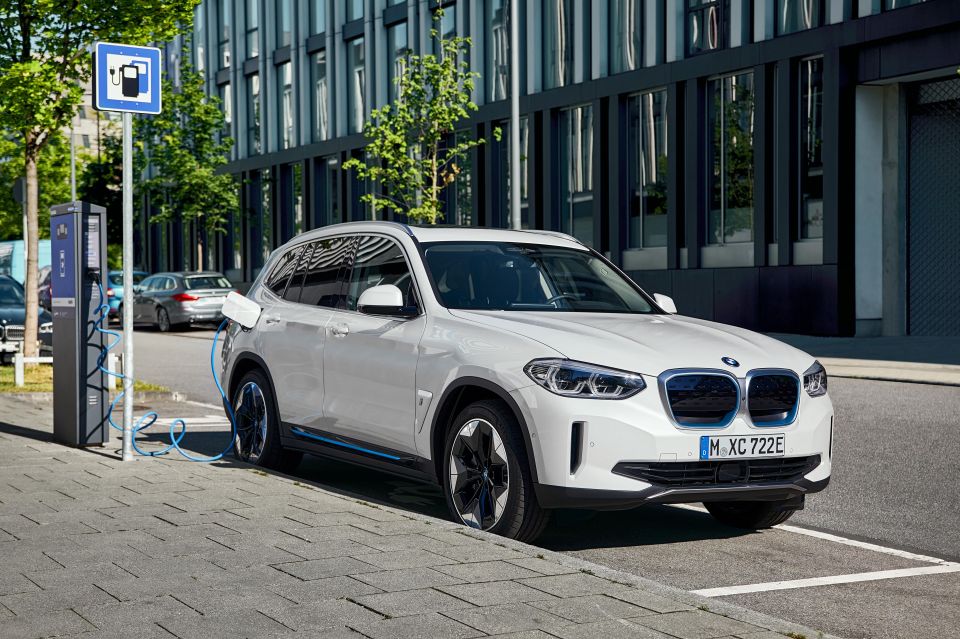
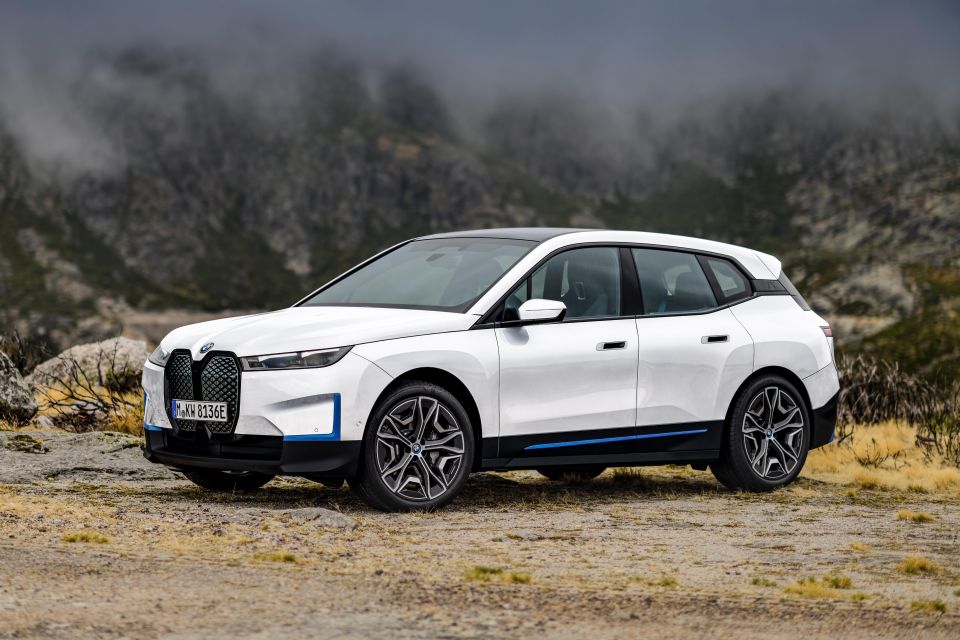
BMW recently revealed its all-electric i4 and iX, both of which have been confirmed for a local launch.
The iX, along with the X3-based iX3, is arriving in Australia before the end of 2021 while the i4 is set for an early 2022 launch.


Derek Fung
42 Minutes Ago
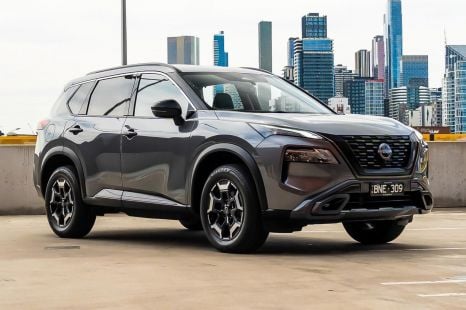

William Stopford
7 Hours Ago
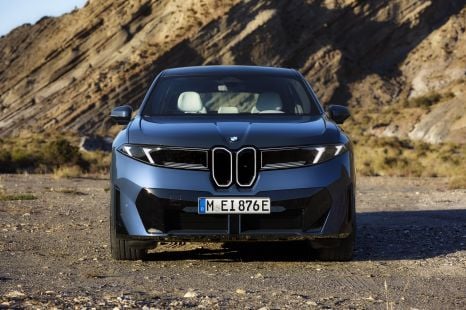

William Stopford
23 Hours Ago
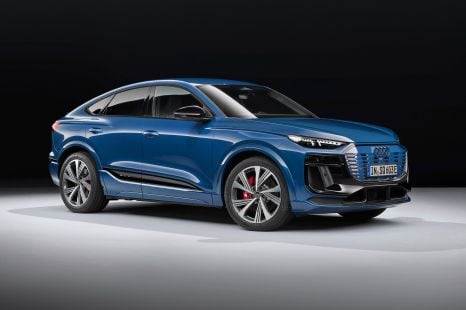

William Stopford
23 Hours Ago
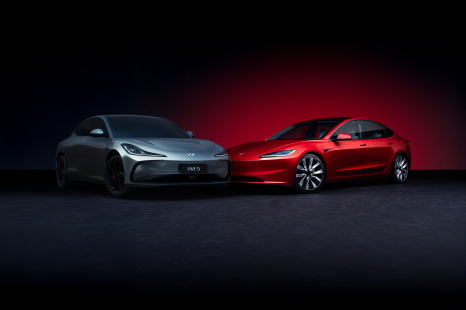

Andrew Maclean
1 Day Ago
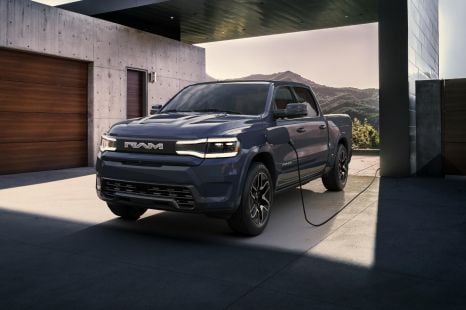

Derek Fung
1 Day Ago